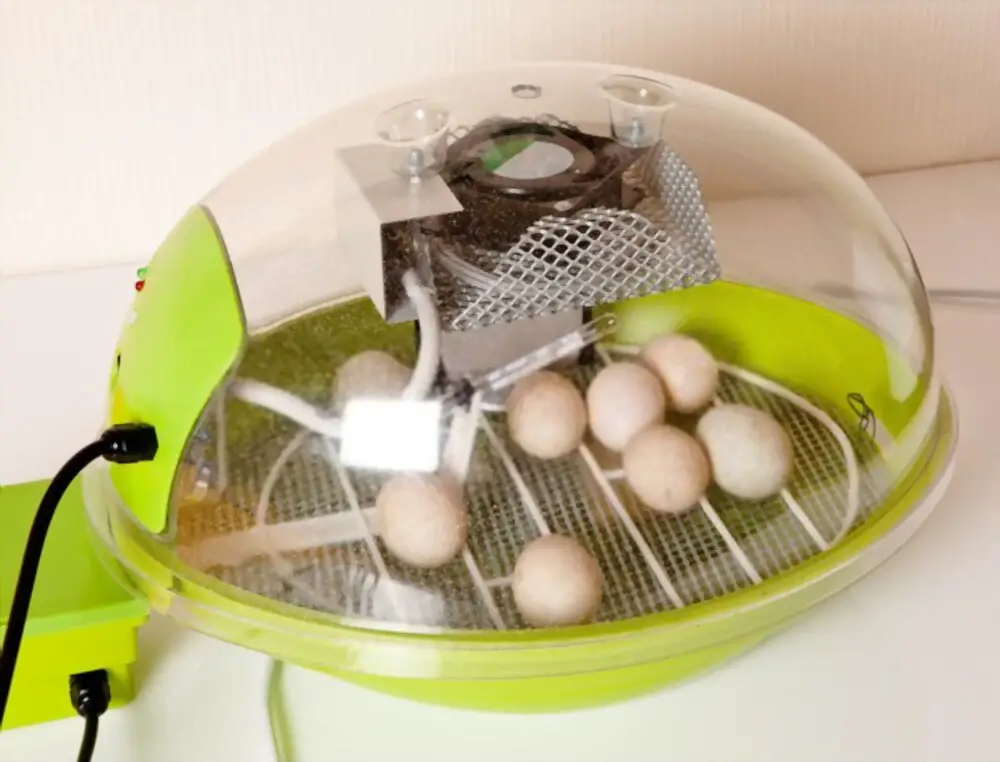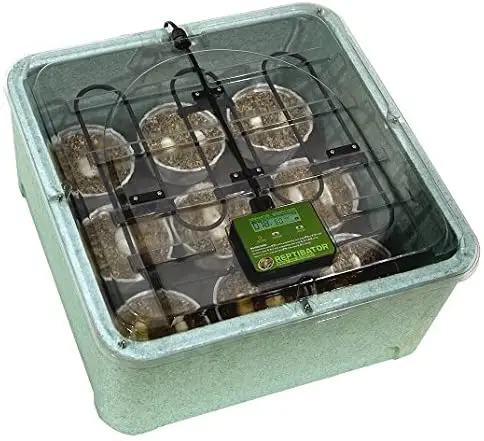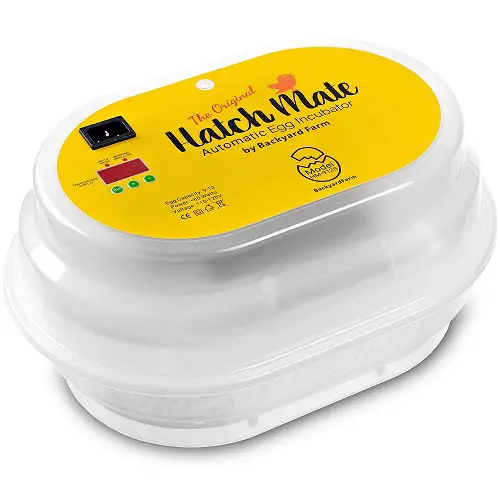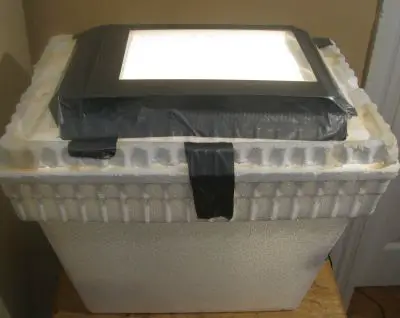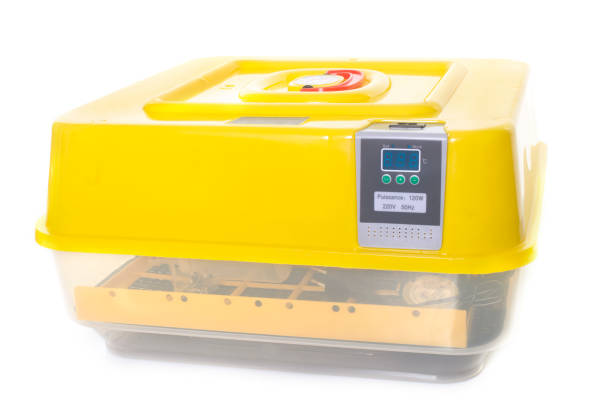Table of Contents
In this article, we will be discussing some common terminologies related to egg incubation.
What is an Egg Incubator?
An egg incubator is simply a device or machine that creates all the ideal conditions necessary for embryos to develop and hatch successfully. It is designed to play the role of a broody hen by regulating the temperature and humidity required for the survival and perfect development of the embryo in the egg.
Incubators are designed to hatch more eggs at a time than a broody hen. Egg incubators are also more reliable than hens. The major disadvantage of allowing hens to hatch the eggs is that they can’t lay eggs and hatch them at the same time. This means that a broody hen is not going to lay eggs until she hatches the current ones she is sitting on. Even, it will take some weeks after hatching before she starts producing and laying eggs again.
The trick is, while the hen is still laying eggs, you can keep picking out the eggs from its nest and hatching them in an incubator while the hen continues laying. With this trick, instead of getting about 30 chicks from a hen in a year through natural incubation, you can get as high as 300 chicks from the same hen if an incubator is used. The latter is far more productive than the former.
How an Egg Incubator Works
While a hen is a living thing, which means that from time to time, it has to leave the eggs and go out to eat, and during such a period the eggs can be preyed upon by animals. The primary purpose of an incubator is to maintain a perfect temperature and humidity around fertilized eggs for them to hatch. An incubator is more reliable in the sense that, it maintains this temperature consistently and guarantees the safety of those eggs throughout the 21 days the eggs will be in the incubator.
What is an Egg Setter?
Chicken eggs require to be turned from time to time; hence the importance of an egg setter. When eggs are placed in the setter, the setter turns them automatically every hour for 18 days before they are moved to the hatcher. The eggs only spent between 3 and 4 days in the hatcher at a different temperature and humidity, usually higher than the temperature in the setter.
What is an Egg Hatcher?
The hatcher is another part of the egg incubator where the eggs only spend about 3 to 4 days before hatching. The surrounding temperature and humidity in this section are raised a little higher including the airflow. In this section, the stability of the humidity, temperature, and airflow is all that matters. Turning is no longer required at this stage because the eggs had already formed chicks on the inside and the chicks are aligning themselves to break out of the shell.
What is a Combo Egg Incubator or Hatcher?
This is an egg incubator that has both the setter and the hatcher features in it. Combo incubators are best at hatching little quantities of eggs, but when dealing with large quantities, you should use separate setters and hatchers or the type of egg incubator that can be used for a large number of eggs.
Other Names of Egg Incubators
Some other names of egg incubators are brutmaschinen, egg hatching equipment, incu bators, bators, GQF Sportsman, egg breeding equipment, hatching machines, artificial incubation equipment, kunsmoeders, breeding machines, brutgerate, hatchers, setters, hatcheries, broeimasjiene, broeikaste, eier broeiers, aanbroeiers, voorbroeiers, uitbroeiers, hovabators.
So when next you hear people mention one of these names, don’t get confused they all mean the same thing.

